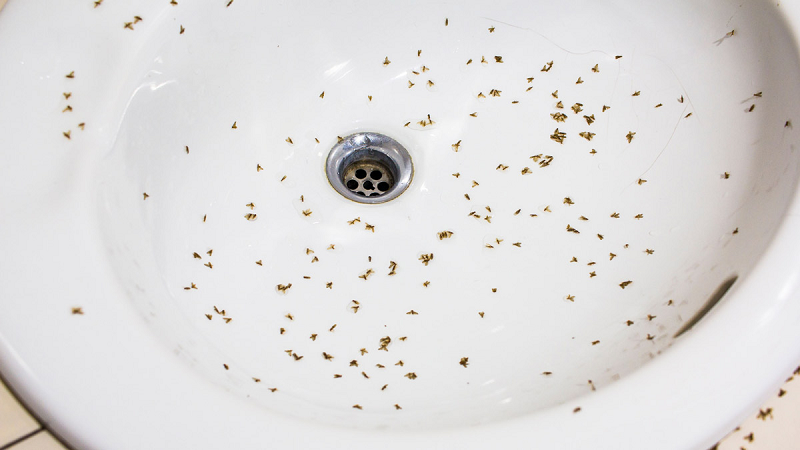During pregnancy, women feel many changes in their body. Due to these changes, many infections and diseases can occur in the body of women. This happens because women become more susceptible to infections due to a weaker immune system, hormones, and changes in the body.

Even during pregnancy, many serious infections can occur, which can be harmful to both the mother and the baby. That's why it is important to know about the ways to avoid diseases and infections during pregnancy. DrSakshi Goyal, MBBS, MS, Obstetrics and Gynecology, Senior Consultant, Madhukar Rainbow Children's Hospital, tells us about this.
Infections during pregnancy
Pregnant women can get vaginal or yeast infections like candidiasis, GBS, and urinary tract infection (UTIs). In addition, infections such as influenza, malaria and Zika can also cause problems. These infections can cause discomfort and many other problems.

If the treatment is not done at the right time, then the child may be harmed. Pregnant women should have regular checkups during delivery so that any infection can be treated at the earliest.
Infection during pregnancy can cause many problems. If not treated at the right time, urinary tract infection (UTI) travels to the kidney and spreads the infection. This can lead to premature delivery or low birth weight of the baby. Bacterial vaginosis and yeast infection in the vagina can increase the risk of preterm delivery or rupture of fetal membranes.
Ways to prevent infection during pregnancy
During pregnancy, it is important to stop the infection as soon as possible. These tips from experts can help reduce or prevent infections and diseases during pregnancy.
1. Take care of hygiene

Pregnant women should wash their hands thoroughly with soap and water frequently, especially after using the toilet, before eating, after touching pets or changing diapers.
2. Stay away from sick people
Pregnant women should avoid contact with people who are infected, especially those with viral infections such as flu, chickenpox, and hepatitis. They should also avoid using other people's cups, utensils and towels.
3. Vaccination
Pregnant women should get vaccinated to protect themselves and their babies from infections such as flu, rubella, and hepatitis. Vaccinations such as the flu shot are safe for pregnant women and protect both mother and baby.
4. Healthy Eating Habits

A healthy diet is necessary during pregnancy. Pregnant women should eat fruits and vegetables rich in vitamins and minerals daily.
5. Regular Checkups
Regular checkups are necessary during pregnancy. These checkups allow early detection of infections and diseases, thereby preventing any harm to the mother and the baby.
Infection is common during pregnancy. However, undiagnosed or untreated infections can lead to many serious problems.
Image Credit: Shutterstock &Freepik










